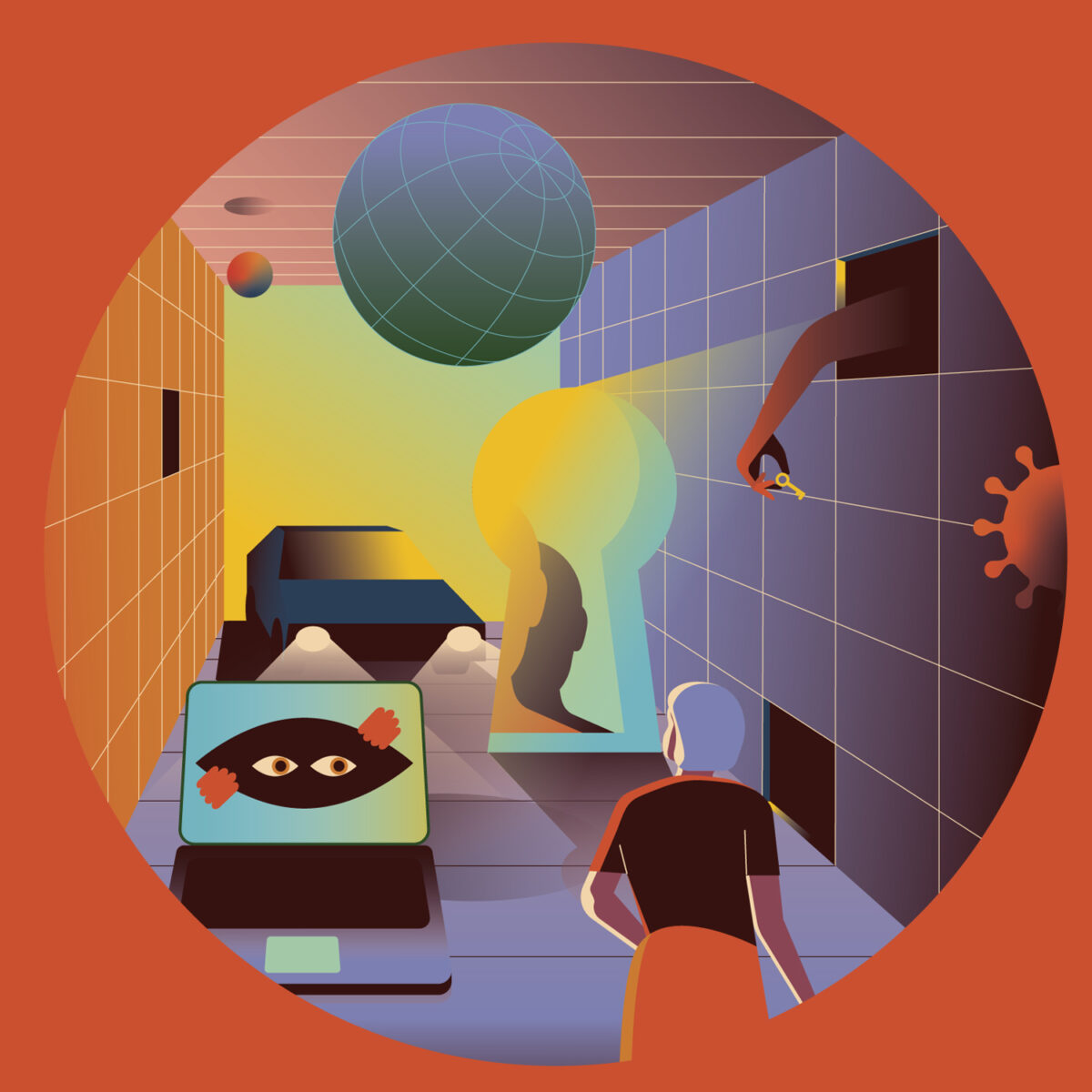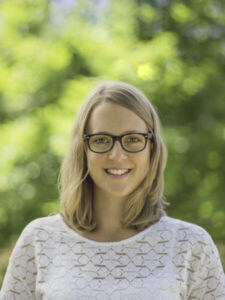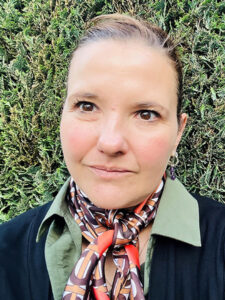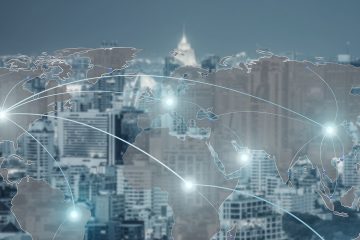acatech HORIZONS: Safety and Security

© acatech/Joseph & Sebastian
Safety and security – essential basic needs that we often only think about when we feel threatened. In a world full of new technologies, ongoing digitalisation and global crises, the topic is becoming increasingly important– not just in the world of politics but also in our everyday life. Safety and security impact us on many levels, be it in traffic, in our food systems, at work or in foreign policy. But what do these two terms really mean? How can such a subjective topic be scientifically and rationally analysed? Which areas of life are affected, and how? And above all, how can we guarantee safety and security at all levels not just now but in the future too? acatech HORIZONS Safety & Security addresses all these questions and offers fascinating insights into this important topic.
By the way, HORIZONS is also on LinkedIn offering “Science in Snacks”.
The acatech HORIZONS Podcast

“Late Night Tech” is a podcast for everyone who is up for science, technology and community insiders. Christina Müller-Markus and Dr. Sandra Fendl from the acatech HORIZONS team talk with well-known experts about current topics. A podcast from acatech, the National Academy of Science and Engineering.
By the way…
You can find answers to some questions acatech HORIZONS Safety & Security leaves open in the HORIZONTE logbuch.
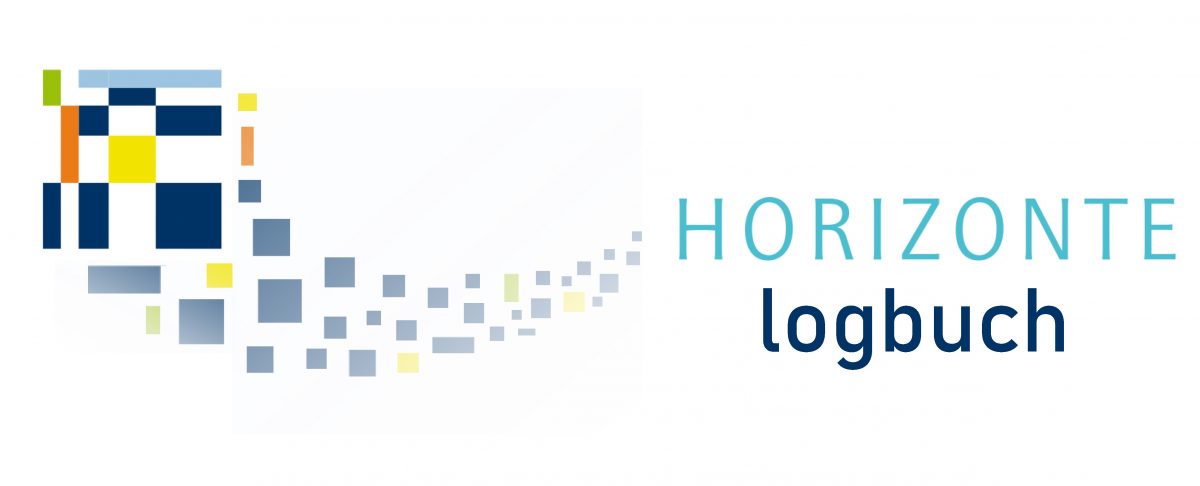
What do safety and security mean?
‘Safe and sound’ is a saying you’ve probably heard before but what does “safe” or “secure” really mean? Safety and security are basic human needs. We want to be safe, whether at home within our own four walls, at work or when we’re getting from A to B. Safety and security can thus be defined as a state in which, as far as possible, we are protected from danger or harm.
In today’s world, characterised by rapid change and diverse challenges, we might well wonder whether we are still safe at all. This issue of acatech HORIZONS focuses on answering this question. We will clarify the current challenges to our safety and security and consider how to meet them, given that safety and security need to be protected and enhanced.
Take a deep dive with us into the world of safety and security and find out not only how it can be defined, protected, and reinvented in a changing environment but also what each and every one of us can do to help!
Safety and security affect each of us in all areas of business and life. Consequently, we are all responsible for safety and security.
Kirsten Raapke, Executive Vice President Europe at TÜV Rheinland Group

It’s less than easy to provide a simple definition of safety and security. What does a person need to feel safe and secure? How much risk are they willing to take? In many areas, that’s an individual decision. Skydiving, daredevil climbing tours and deep-sea diving are not for everyone! Many people are tormented by a fear of flying, but the likelihood of being involved in a car accident is much higher. Perceptions of safety and risk also have to do with fear. We do not always evaluate safety and risk entirely rationally, but often emotionally and subjectively.
However, a lack of security and omnipresent risk are not synonymous with danger. Risk is not solely negative; it can also be an opportunity. There’s a reason why they say: “no risk, no fun!”. Risk can lead to something unexpectedly good if we take the plunge. Investing in the development of an advanced new technology can be risky because it is not yet clear whether it will be a success. On the other hand, innovation and progress may be the outcome. Freedom may bring uncertainty, but it also always brings opportunities. Don’t be afraid to take risks should be the motto.
A risk is the possibility that something will happen that you can’t influence. In Germany, this has a rather negative connotation, but you can also see it as an opportunity. It’s basically the same thing.
Dr. Thomas de Maizière, former Federal Minister, Chairman of the Deutsche Telekom Foundation and President of the German Protestant Church Congress
Where do safety and security play a role?
Whether in road traffic, in digital space or indeed in foreign policy, safety and security extend over many areas of society’s life. Safety and security are also important at the private, public, and international levels, so it’s easy to lose track. This is why the second section of this issue of HORIZONS presents areas in which safety and security play a central role.
Digitally
What dangers are lurking in the digital world and how can we best tackle them? Why is cybersecurity essential at home, in urban or rural areas, within our own country and worldwide? Cybersecurity measures play a role in all of these areas in the digital context.
In the digital world, many people live with the door wide open and remain unaware of it.
Prof. Dr. Jörn Müller-Quade, Head of the “Cryptography and Security” research group at the Karlsruhe Institute of Technology (KIT), Director at the Research Center for Information Technology (FZI), Karlsruhe
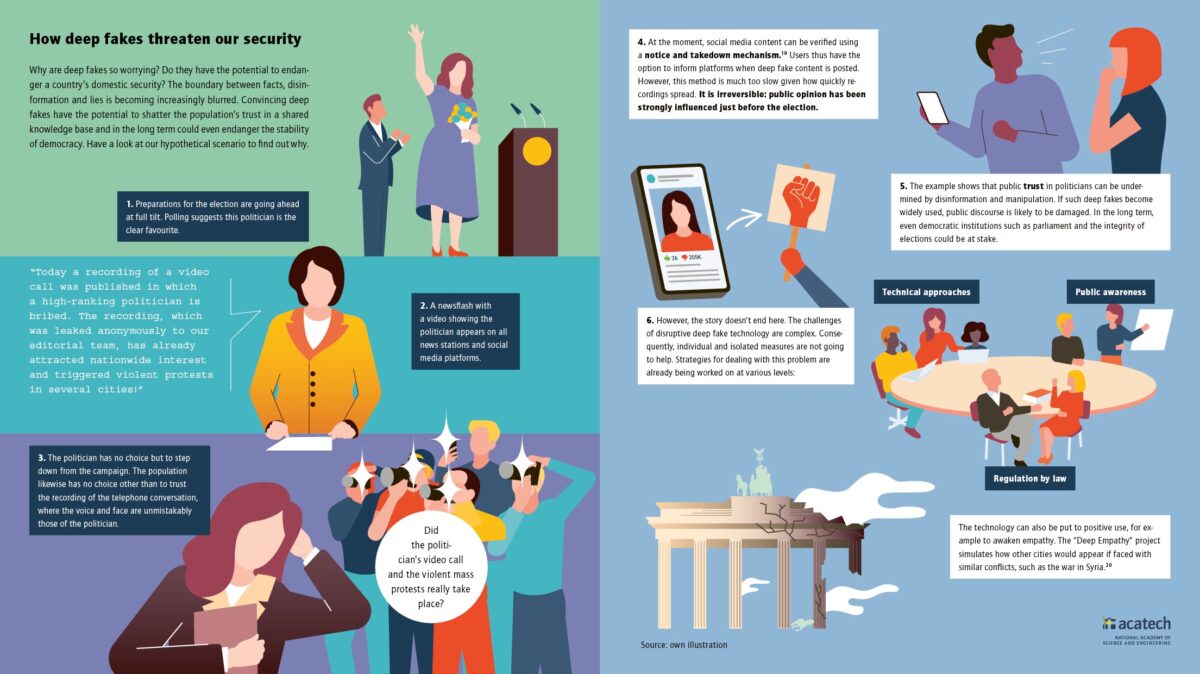
At home
We feel safe at home, within our own four walls. We have a roof over our heads, are protected from the wind and weather, can make ourselves something to eat, turn up the heating in winter and shower for as long as we want. We can take it all for granted, can’t we? But who makes sure that everything runs smoothly? What’s required for a secure supply of energy, water, and food? And where do we as private individuals bear some responsibility?
Acceptance and appreciation for high-quality sustainable food within society, politics, and the economy are central.
Prof. Dr. Andrea Büttner, Managing Director of the Fraunhofer Institute for Process Engineering and Packaging (IVV)
Locally
Of course, we don’t just want to be safe at home, but also when we’re outside, at work, jogging in the park or consulting the doctor. We leave our home and are out and about locally. We cycle to work and go away on holiday using cars, public trains, and buses, walking along streets, and driving over bridges and through tunnels. When it comes to mobility, i.e. when we’re on our way from A to B, perhaps even to another city or another country, there are many factors to consider ensuring that we’re safe while we’re travelling. Transport systems such as buses or trams also meet high safety standards and are regularly inspected, not only for their functionality but also for passenger safety. Safety is the top priority here.
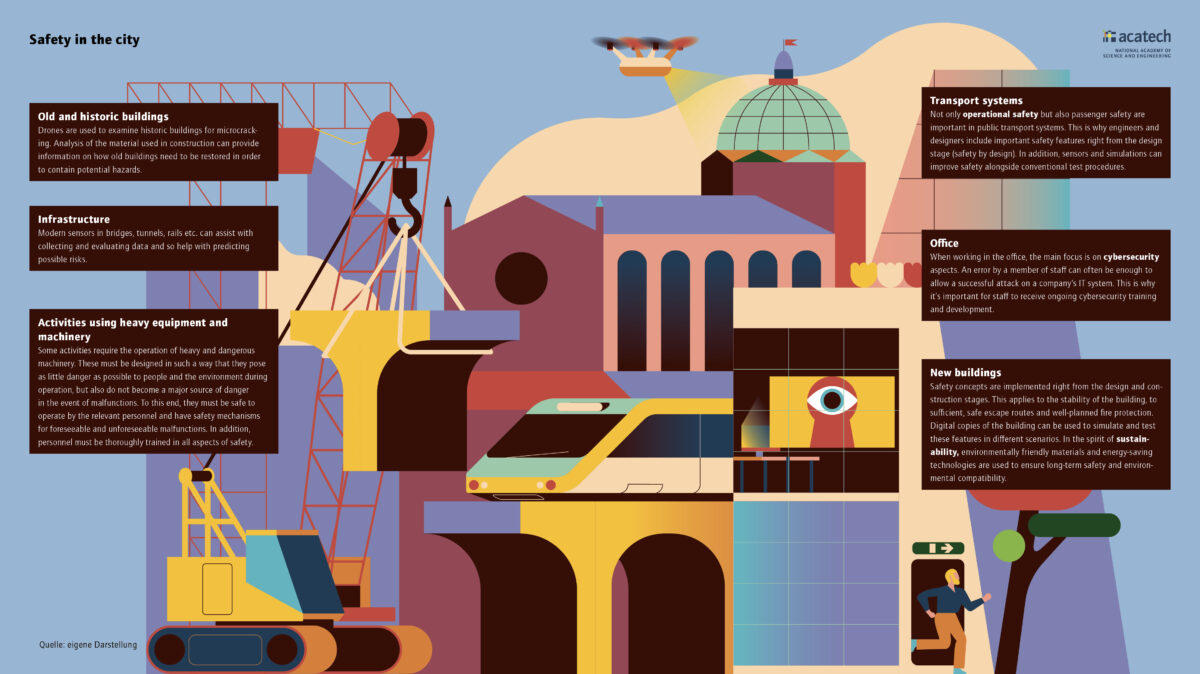
Nationally
We can’t have private security without public and military security.
Dr. Thomas de Maizière, former Federal Minister, Chairman of the Deutsche Telekom Foundation and President of the German Protestant Church Congress
What does domestic security, i.e. security within a country, mean? In this publication we take Germany as an example. Conventionally, domestic security means public security, i.e. protection of the population, the constitution and the common good. In this context, disaster prevention, protection against terrorism, economic security and resilience and a reliable legal framework for dealing with new technologies play an important role.
Internationally
Of course, a government’s security efforts do not stop at its borders. You’ll very likely have heard of external security, but what exactly does it mean? Military defence will probably come to mind. External security is first and foremost about defence against external attacks on a country. These may be acts of war, but also politically motivated cyberattacks on critical infrastructure. We are currently living through tense geopolitical times. Russia’s truly surprising war of aggression against Ukraine, which turned most political and public expectations upside down, has changed Germany’s security and foreign policy. Federal Chancellor Scholz even referred to it as a Zeitenwende – a German term referring to the change from one age or era to another.
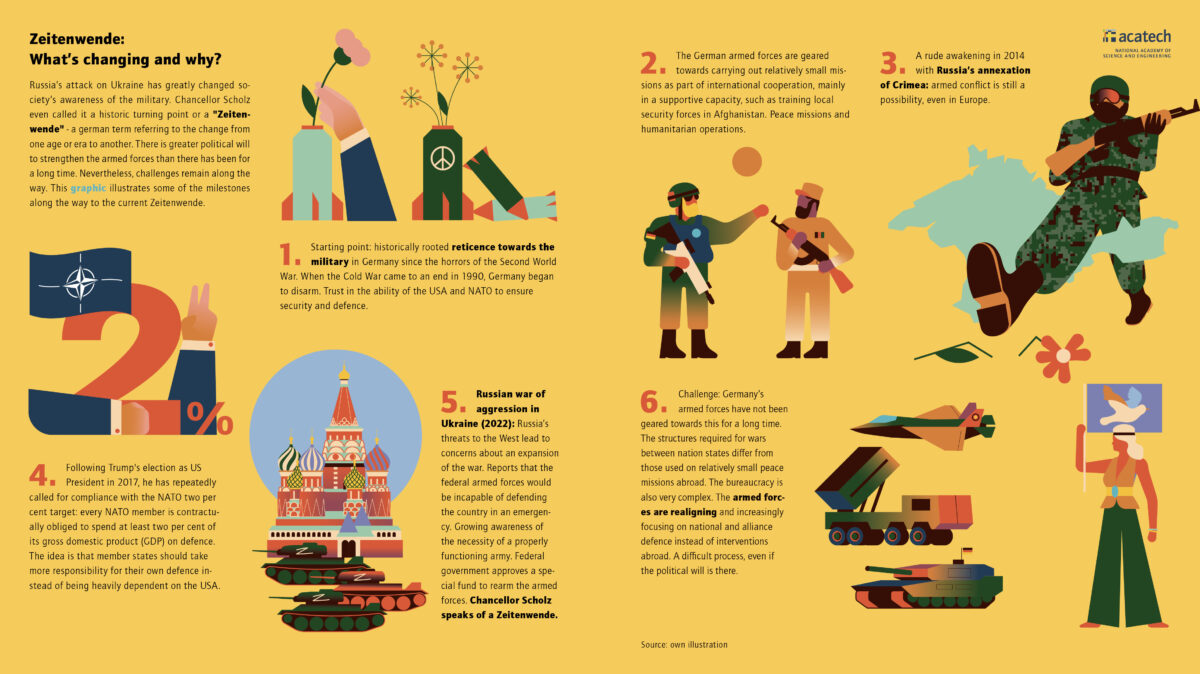
International cooperation for a safe and secure world – the global view
In today’s globalised world, everything is intertwined. Even seemingly distant crises can have a tangible impact on us. Cooperation is essential for creating international peace, security, and stability.

What needs to happen now?
In our increasingly connected world, safety and security cannot be guaranteed by short-term reactive measures. Safety and security need wide-reaching, long-term, systemic thinking. We should also take account not only of technical and military aspects but also of environmental, climate and societal risks. What is crucial is to focus on prevention and to strengthen the resilience of our systems. This integrated approach is key to the security and safety in our complex, globalised world.
Security is also a common concern. What can policy makers, business, science, and society do to strengthen security fairly and sustainably in all areas of life and at all levels?
Science and academia
Science and academia need not just to create knowledge, but also to communicate and explain it as comprehensibly as possible. Only then can a well-informed population handle risks in a rational way and feel safe and secure when using their own skills to classify and handle risks.
Policy makers
Policy makers need to openly communicate that we are in a time of change. Change is inevitable. At the same time, it is important to know that the government is working continuously to guarantee safety and security. Political decision-makers must also make use of scientific insights, technologies, and technology transfer to drive forward a sustainable transformation.
Society
As members of society, we all bear serious responsibility for security and safety, be that at home, at work or elsewhere. Our decisions and behaviour can have an impact on other people and their safety or security. We must ourselves address security and safety issues, gather information, and form our own opinions. As an enlightened society that is informed about safety and security issues, we can play an active role in shaping our democracy.
Economy
At the national level, it is important to make the German economy resilient to a multitude of potential crises. This includes ensuring that we have stable supply chains. To achieve this goal, we should develop our supply chains into multidimensional supply networks that are more resilient in times of crisis.* We should consider supply chains and partnerships in their entire complexity in the future, instead of focusing solely on short-term economic benefits such as the lowest price.
Source: Johann-Dietrich Wörner, Christoph M. Schmidt (Eds.): Security, Resilience and Sustainability (acatech IMPULSE), Munich 2022.
Safety and security for all

The topic of security has been heavily male dominated thus far. Women have a different relationship to pain and risk acceptance. The gender aspect is crucial because it’s the only way we can enhance the culture of risk acceptance.
Prof. Dr. Dr. Dr. Konrad Bergmeister, Head of the Institute of Structural Engineering at the University of Natural Resources and Life Sciences, Vienna
Are safety and security fairly distributed? Does everyone benefit from the same level of safety and security? Our society is diverse, consisting of people from different backgrounds and with different experiences and needs. To achieve fairness throughout society and so protect all citizens equally, security and safety measures need to reflect this diversity. This requires a fair distribution of safety and security resources, which takes account of what different groups of different ages, genders or cultures need to be able to participate with full equality in a safe and secure world.
But what does this mean in practice? An example of social injustice in relation to safety and security can be found in the health sector: the “gender health gap” describes the fact that medicine is mainly geared towards male patients.* Women are also more frequently the victims of misdiagnosis because they have different symptoms from men, for example in the case of a heart attack. The reason for this is that medicines and various diseases have not been sufficiently researched in women. More gender-specific research and drug tests are thus needed (gender medicine), to make health care safer and more effective for all.
Source: Stiens, Theresa; Klöckner, Jürgen: Wieso die Medizin Frauen oft falsch behandelt, 2023.
Members of the project group
Don’t want to miss any more HORIZONS editions? Register now with a short mail to horizonte@acatech.de or subscribe to our Newsletter TRANSFER.
HORIZONS is also on LinkedIn – follow us for “science in snacks”!
- Carlos Arglebe, Head of Cybersecurity at Siemens Healthineers
- Prof. Dr. Dr. Dr. Konrad Bergmeister, Head of the Institute of Structural Engineering at the University of Natural Resources and Life Sciences, Vienna
- Dr. Pia Fuhrhop, International Security Division of the German Institute for International and Security Affairs, Berlin
- Dr. Thomas de Maizière, Federal Minister retd., Chair of Deutsche Telekom Stiftung and President of the German Protestant Church Assembly
- Prof. Dr. Jörn Müller-Quade, Head of the “Cryptography and Security” group at the Karlsruhe Institute of Technology (KIT), Director of the Research Center for Information Technologies (FZI), Karlsruhe
- Kirsten Raapke, Executive Vice President Europe at TÜV Rheinland Group
- Dr. Anne Wiese, Head of central Global Real Estate and Services unit at Munich Re
- Prof. Dr. Dr. h.c. Christoph M. Schmidt (head of project group), RWI – Leibniz Institute for Economic Research


